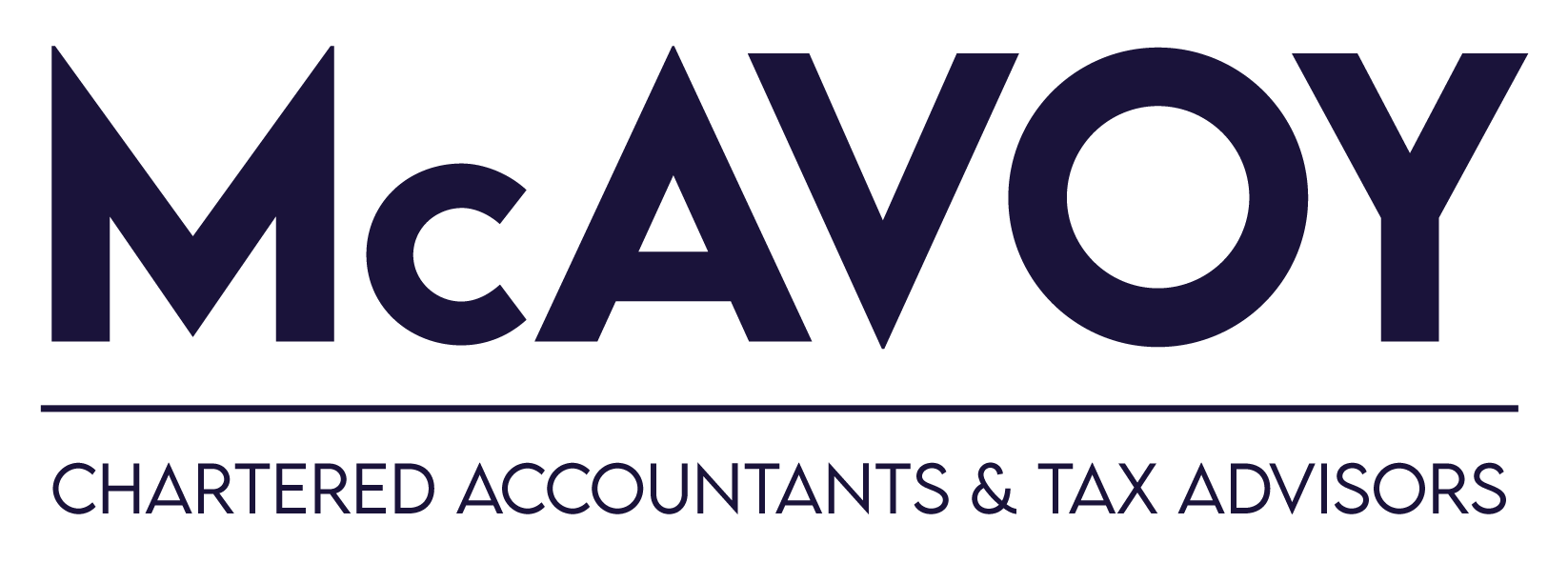In this world nothing can be said to be certain, except death and taxes
Luckily, when it comes to taxes Benjamin Franklin’s statement is not always true. And it’s just as well since Ireland’s exemption thresholds for gift tax are prohibitively low in many cases. The good news is that there are a number of ways to make a gift without the recipient having to pay gift tax.
The first of these is the annual small gift exemption. Quite simply it means that any person can take a gift up to €3,000 per annum tax-free from any other person. If small gifts are planned and managed they can lead to quite large sums being transferred over a period of time. For example a father and mother could each transfer €3,000 annually to their child and his/ her spouse. In this way €12,000 can be transferred tax-free each year. Over time this can add up to a tidy sum.
Another less well known way of making a tax-free gift involves investing in what is known as a s.73 life insurance policy. The proceeds of the policy can be used to pay the beneficiary’s gift tax without the payment of the tax being treated as a further gift.
Let’s take an example. Say, a father who wants to gift an investment property worth €500,000 to his daughter. The daughter’s exempt threshold is already fully utilised so the gift would be fully taxable and would amount to €165,000 (i.e. €500,000 x 33%).
Let’s assume that the daughter doesn’t have the liquid cash to pay the tax liability. If the father pays the tax liability on his daughter’s behalf then she will be treated as receiving a further gift of €165,000. All in all the father would need to give a grossed up sum of €246,268 (€165,000/.67) to his daughter to pay the tax liability on both the investment property and the payment made to finance her tax bill.
A tax cost of €246,268 amounts to more than 49% of the value of the investment property. This is prohibitive.
To avoid this the father could invest in what’s known as a s.73 life insurance policy. What he would do would be to invest sufficient capital in the policy to produce in 8 years’ time a sum of money equal to his estimate of her gift tax liability. Provided the conditions of the s.73 policy are met he could use the proceeds of the policy to pay his daughter’s gift tax liability.
No further gift tax consequences would arise. In effect the father would have saved €81,268 by using the s.73 policy rather than paying his daughter’s gift tax from his cash resources.
Like all tax reliefs this one comes with conditions. To qualify as a s.73 policy the following matters must be satisfied:
- The insurance policy must be in a form approved by the Revenue Commissioners for the purpose of s.73,
- Annual premiums must be paid by the insured person,
- The proceeds of the policy must be payable on a date occurring not earlier than 8 years after the date that the policy is originated, and
- The policy must be created for the purpose of paying gift tax.
But apart from creating a tax saving a s.73 policy can bring various additional benefits. For example:
- The premiums for a s.73 policy can be paid from the insured person’s capital resources. In this way the insured person could convert capital that would be taxed if gifted in the form of cash into a tax-exempt insurance benefit (provided they are used to pay gift tax on a gift).
- There is a certain amount of quite useful flexibility inherent in a s. 73 policy. For example, it is possible to set up one with attaching life cover so that in the event of the insured person’s death the fund can be used to pay any inheritance tax that arises as a consequence of that death.
- Although a s.73 policy is earmarked to pay gift tax there is nothing to prevent the policy holder from changing his or her mind and keeping the proceeds for his or her own use. Of course in these circumstances the benefit of the tax relief would be lost.
Dara Burke advises on gift and inheritance tax problems. If you would like to discuss whether a s73 policy is appropriate to your circumstances please call us on 021 4321321 or info@mcavoy.ie.

